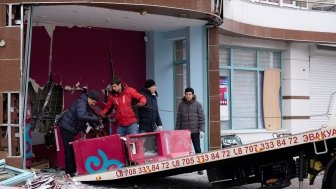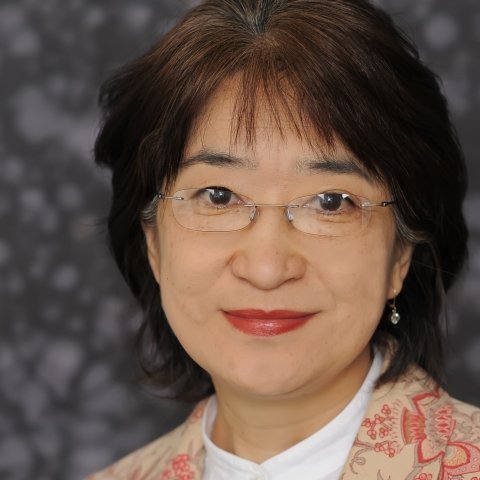Anara Tabyshalieva
Former Title VIII Short-Term Scholar
Professional Affiliation
Marshall University
Expert Bio
Anara Tabyshalieva is an associate professor of History at Marshall University where she teaches a broad range of courses on Russia, Eurasia, and Asia, and War and Peacebuilding problems. Her research projects have been supported by the John D. and Catherine T. Mac Arthur Foundation, the UNESCO Hirayama Silk Road Program (France), the US Institute of Peace, the Woodrow Wilson Center, and the United Nation Development Program (UNDP). She has been a scholar in residence at United Nations University in Japan and at the Centre for the Study of Islam and Muslim-Christian Relations, University of Birmingham (UK). She has authored several books and numerous chapters, articles, and reports on history, international relations, development, and gender issues. Dr. Tabyshalieva has served as co-editor of the UNESCO volume History of Civilizations of Central Asia: Towards the Contemporary Period: From the Mid-nineteenth to the End of the Twentieth Century” (Paris, 2005). She has authored the UNESCO report on human security in Central/South Asia (Paris, 2007), and co-edited Defying Victimhood: Women and Post-Conflict Peacebuilding (UNU Press, 2012).Subjects; Central Asia,Democratization,U.S. Foreign Policy
Wilson Center Project
Rethinking Cooperation and Conflict Between Russia and the Central Asian Countries
Project Summary
Anara Tabyshalieva discusses common and specific challenges for cooperation and conflict between Russia and the Central Asian countries in light of the rising nationalism, succession uncertainties, and ongoing political changes. Her project examines the dynamics of Russia's and Central Asia's powers and rhetoric in the light of enduring stalemate and political alienation since 2000. Over centuries, potential for cooperation and conflict between Central Asian states and Russia manifested the interplay between centrifugal and centripetal forces. Her discussions considers economic, societal, and geopolitical dynamics and how Moscow supports or undermines the various regimes in Central Asia, including Kazakhstan, Uzbekistan, Kyrgyzstan, and Tajikistan. Russian/Soviet colonial patterns in Central Asia politics and economy led to reestablishment of the loyal regimes relying on Putins governing model. Illiberal régimes in these countries are an expanding power and a destabilizing force at regional and national levels. Furthermore, Central Asian dependency on Russia’s resources and labor migration would play a vital role in the political and economic development of the post-Soviet countries.
Major Publications
“Color Revolution in Central Asia” in From Perestroika to Rainbow Revolutions, Reform and Revolution. After Socialism, edited by Vicken Cheterian. London: Hurst & Co, 2012,143-173
“Conflict Prevention Agenda in Central Asia” in Albrecht Schnabel and David Carment eds., Conflict Prevention from Rhetoric to Practice. Vol. 1. Organizations and institutions, Lanham: Lexington Book, 2004, 61-80
“At the Crossroads of Hegemonic Powers: The Kyrgyz Republic” in Neclâ Tschirgi, Michael S. Lund, and Francesco Mancini, eds., Security and Development: Searching for Critical Connections, Lynne Rienner Publishers, 2010, 301-338.
Insight & Analysis by Anara Tabyshalieva
Filter
- Article
- Civil Society
Understanding the Turmoil in Kazakhstan | Kennan Institute Expert Analysis
- By
- Mehmet Volkan Kasikci,
- Edward Lemon,
- Theodore (Ted) Lyng,
- and 4 more


